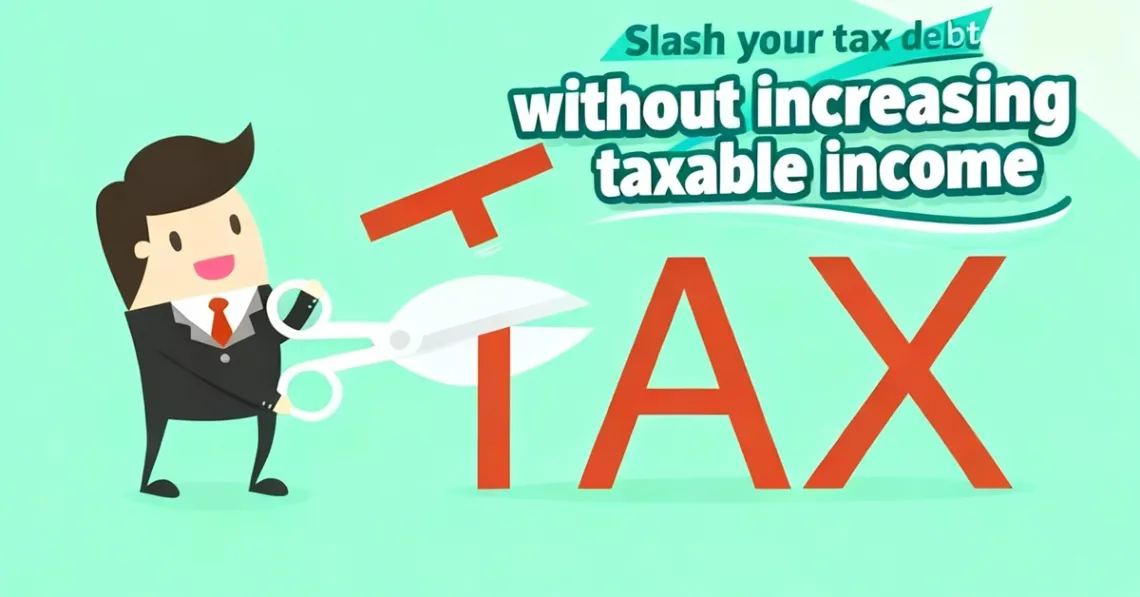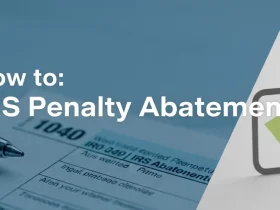
Most people know that when a lender forgives debt — such as credit card balances or a mortgage shortfall — the IRS often treats it as taxable income.
You may even receive a Form 1099-C showing the amount canceled. But what about tax debt itself?
If the IRS accepts an Offer in Compromise (OIC) and forgives part of your tax liability, does that forgiven debt become taxable income?
The short answer is no. Unlike other types of canceled debt, forgiven IRS tax debt from an OIC does not get reported as taxable income. Let’s break down why.
The General Rule: Canceled Debt = Taxable
Under federal tax law, canceled debt is generally included in gross income.
The reasoning is that if you borrowed money and no longer have to repay it, you gained an economic benefit.
That’s why lenders issue Form 1099-C, Cancellation of Debt, when they forgive $600 or more.
This rule applies to consumer debt like:
- Credit cards
- Mortgages
- Business loans
- Personal lines of credit
The IRS addresses this in Topic No. 431 and Publication 4681. If you’ve ever settled with a bank or lender, you may have experienced the tax bill that follows.
The Exception: Forgiven IRS Tax Debt
IRS tax debt works differently. When the IRS accepts an Offer in Compromise, it agrees to settle your tax balance for less than the full amount owed.
That forgiveness is not treated as cancellation of debt income.
Here’s why:
- No Form 1099-C issued. The IRS doesn’t send taxpayers a 1099-C when part of their own tax liability is forgiven.
- Not considered COD income. Federal tax obligations are statutory debts, not contractual debts owed to a creditor. Their forgiveness isn’t included in gross income.
- Practitioner consensus. Tax attorneys and enrolled agents consistently confirm that OIC-forgiven tax balances are excluded from income reporting.
In short: you won’t owe tax on IRS debt forgiven under an Offer In Compromise.
Common Misunderstandings
Many people confuse tax debt with consumer debt. Here are a few myths cleared up:
- “If my $20,000 tax debt is reduced to $5,000, I’ll owe tax on the $15,000 difference.”
False. Forgiven IRS tax debt isn’t added back as income. - “I’ll get a 1099-C from the IRS.”
False. The IRS does not issue cancellation-of-debt forms for its own forgiven tax. - “All canceled debt is taxed the same way.”
Not true. Cancellation of Debt rules apply to creditors like banks, not the IRS when it forgives tax debt.
What About State Tax or Other Debts?
It’s important to distinguish:
- State tax agencies may have different rules. Some mirror the IRS; others may treat forgiven state tax differently. Always check state guidance.
- Other creditors (banks, lenders) still issue 1099-Cs. If you had both an IRS OIC and a credit card settlement in the same year, the forgiven credit card balance could still be taxable.
That’s why it’s critical to separate federal tax debt from private debt when discussing cancellation.
Comparing to Other Types of Debt
Understanding the difference helps taxpayers feel more secure:
- Credit card or loan forgiveness: Usually taxable.
- Mortgage debt relief: Often taxable unless you qualify for an exclusion.
- IRS OIC debt forgiveness: Not taxable, since the IRS is both the creditor and the taxing authority.
This distinction is why OIC remains one of the most powerful tax resolution tools available.
What You Do Owe After an Offer In Compromise
Even though the canceled balance is not taxable, there are conditions to keep in mind:
- Future compliance. You must file and pay all taxes on time for the next five years after acceptance. Breaking this rule can void the OIC and reinstate your debt.
- State taxes. If you owe state income tax, those agencies may treat forgiven amounts differently. Some states follow IRS rules, while others may not.
- Lien release timing. The IRS removes tax liens only after all OIC payments are complete.
Connecting the Series
This post builds on our last blog about how long an OIC takes to complete. Knowing the timeline sets expectations, while this article clarifies that forgiven debt does not create a new tax bill.
In our next blog, we will explain what a tax settlement is and how it works, giving you a broader understanding of IRS resolution options.
Final Thoughts
So, is canceled debt from an offer in compromise taxable income? The answer is no. Canceled debt is usually taxable, but not when it comes from an IRS Offer in Compromise.
The IRS does not issue a 1099-C for forgiven tax, and you don’t add the balance back into your income. What matters most is staying compliant after acceptance so the agreement remains valid.




